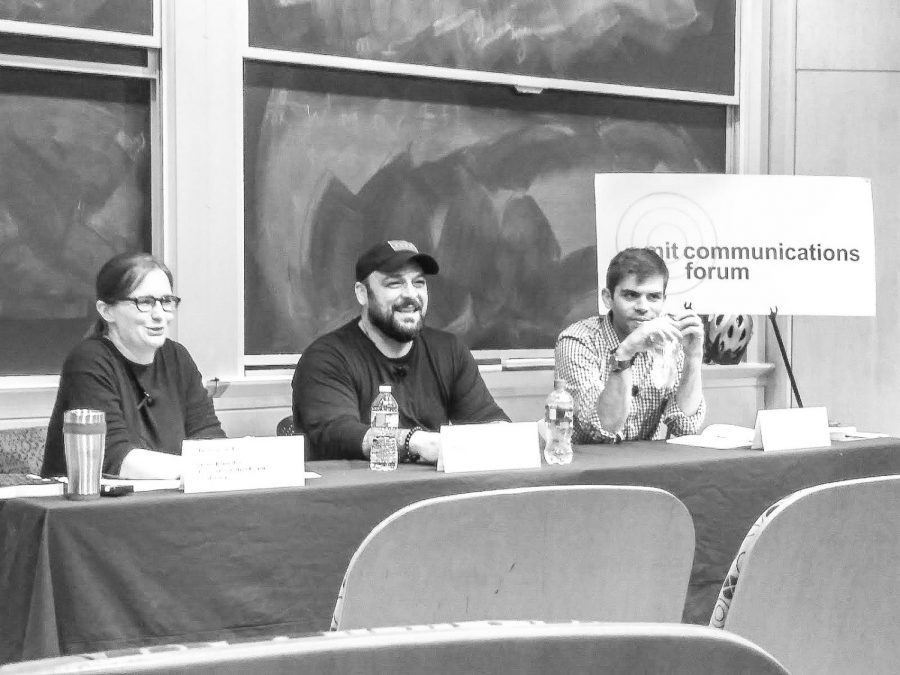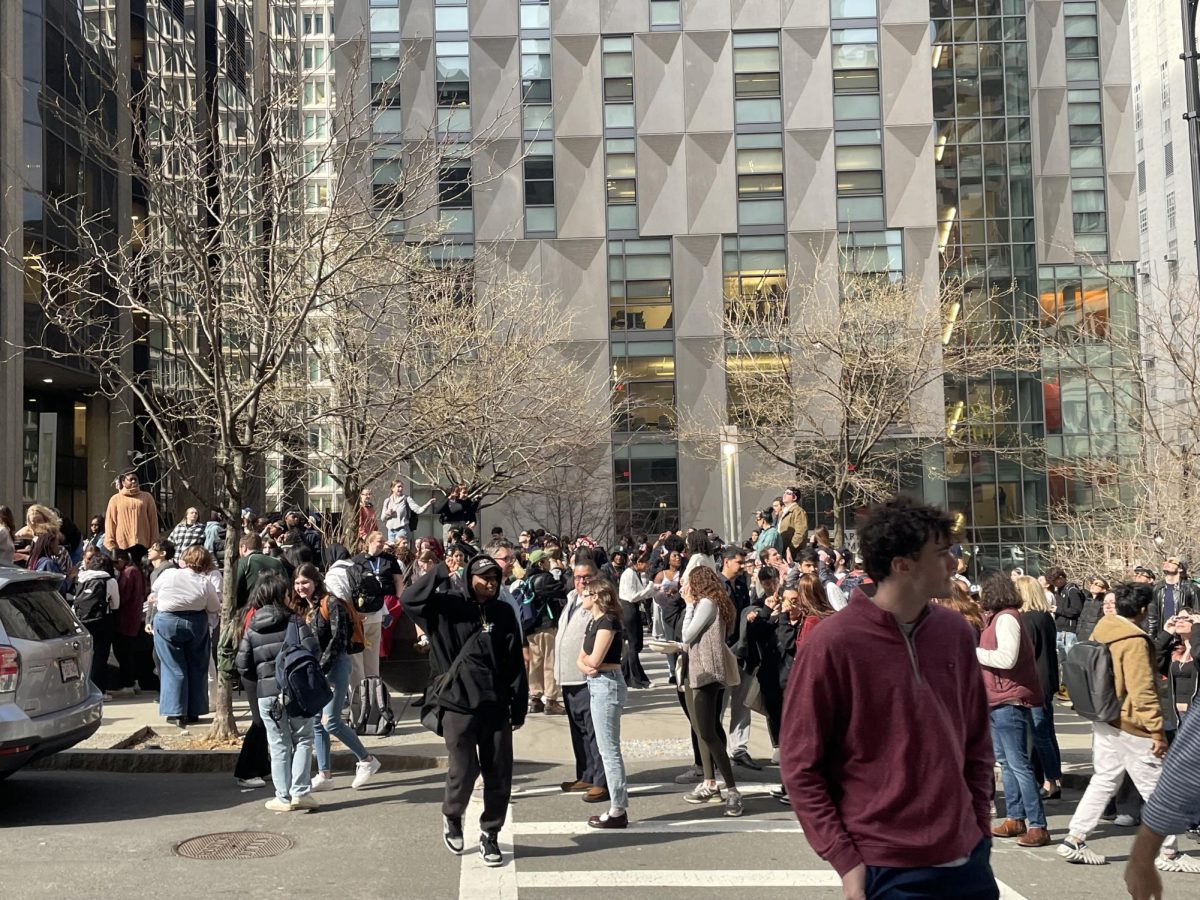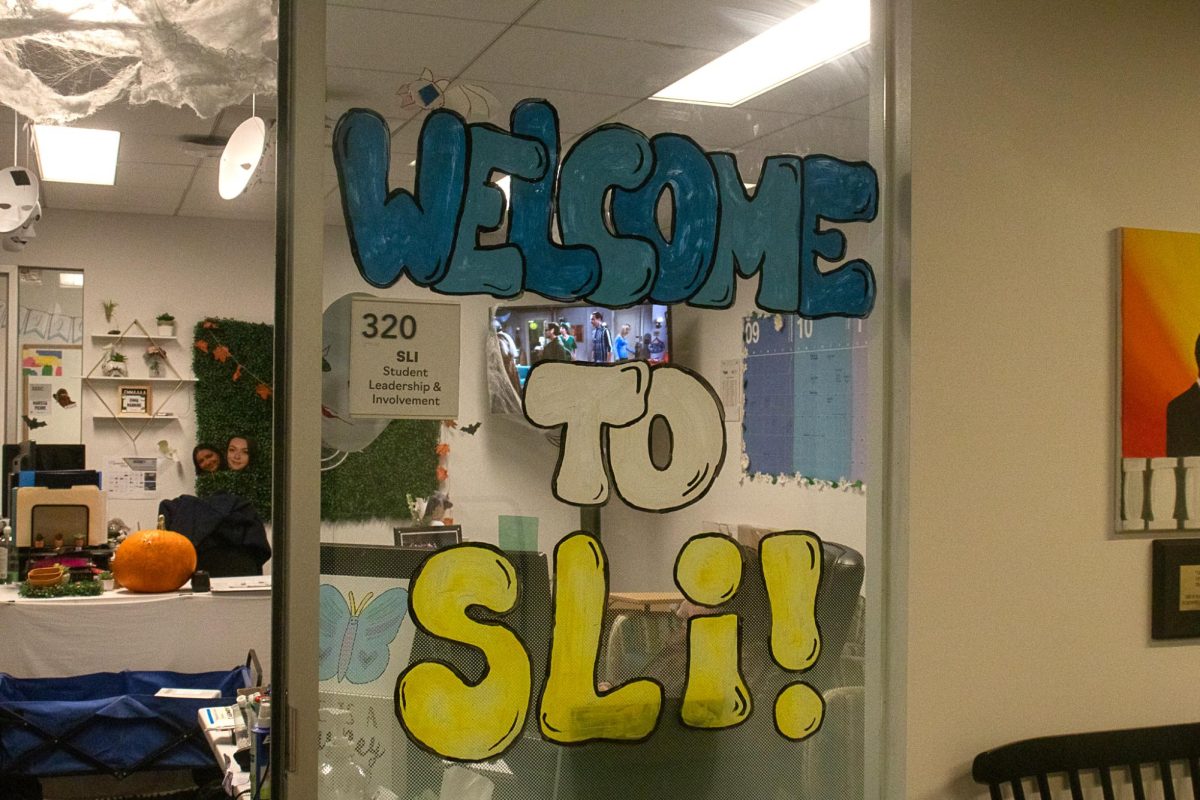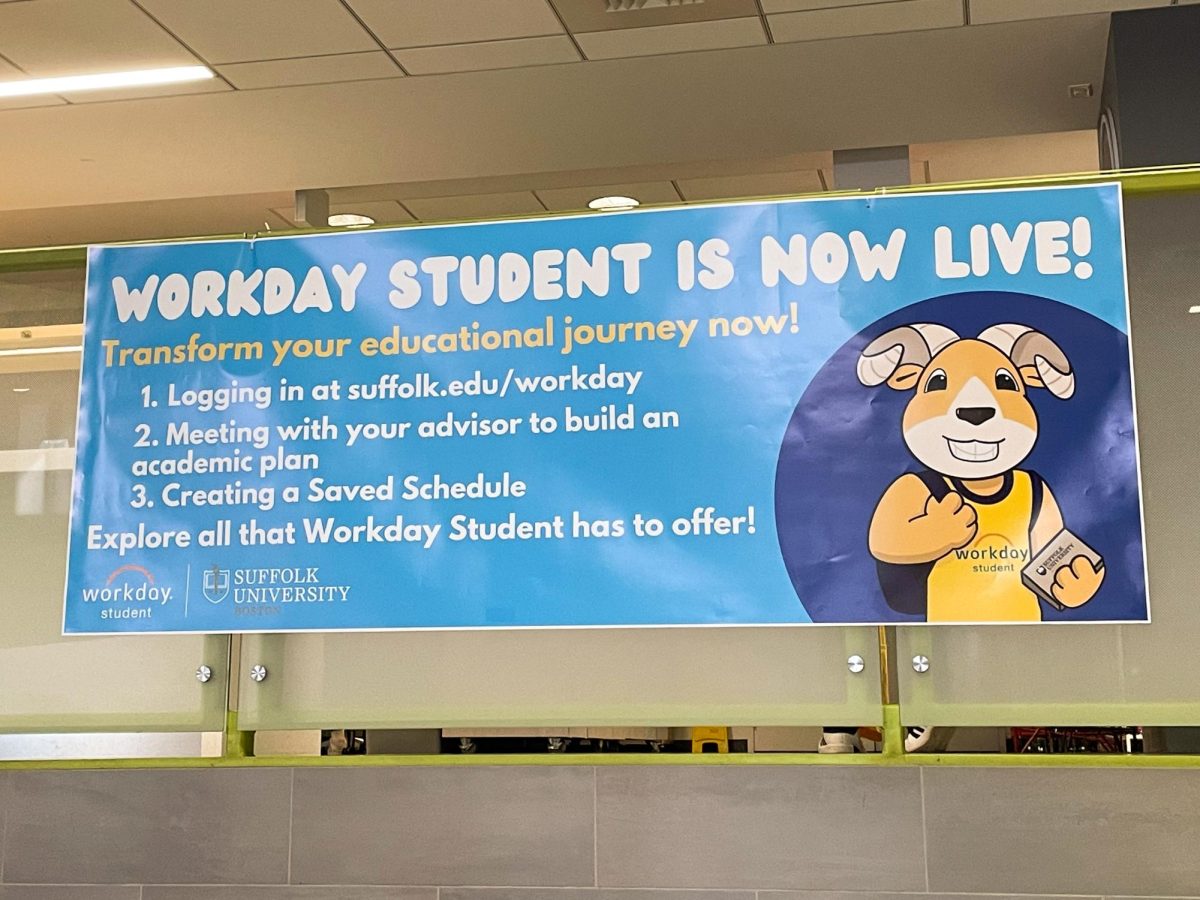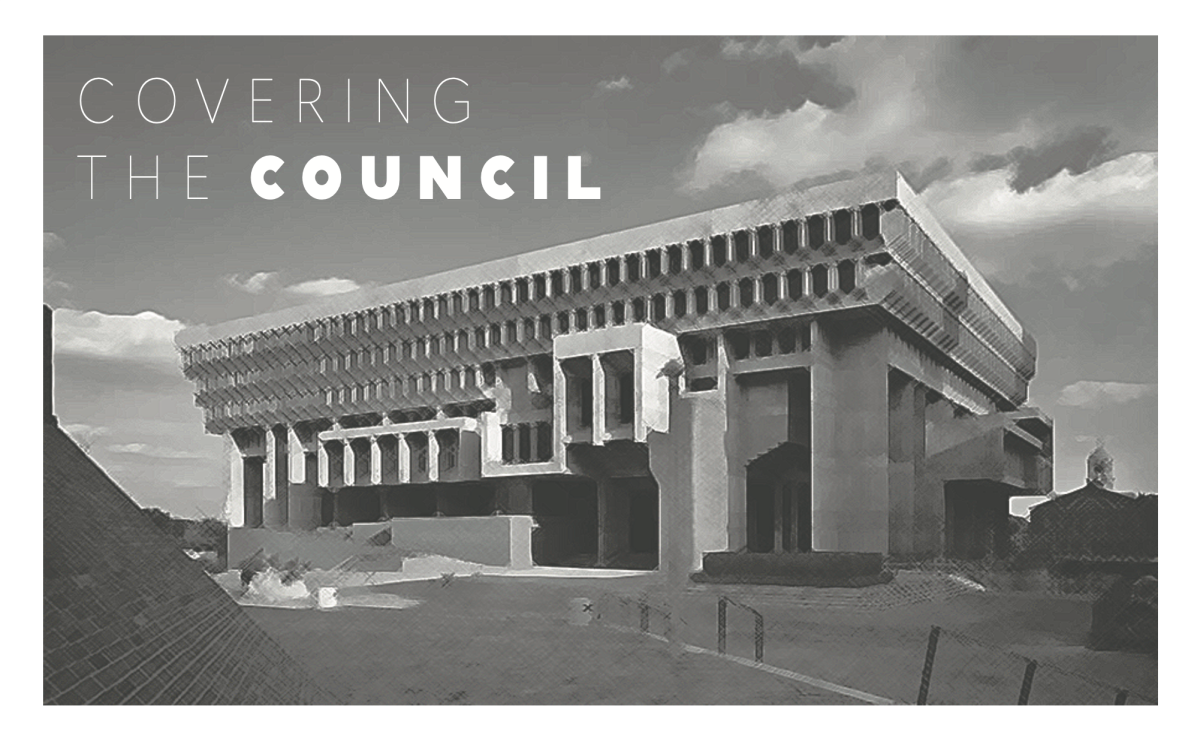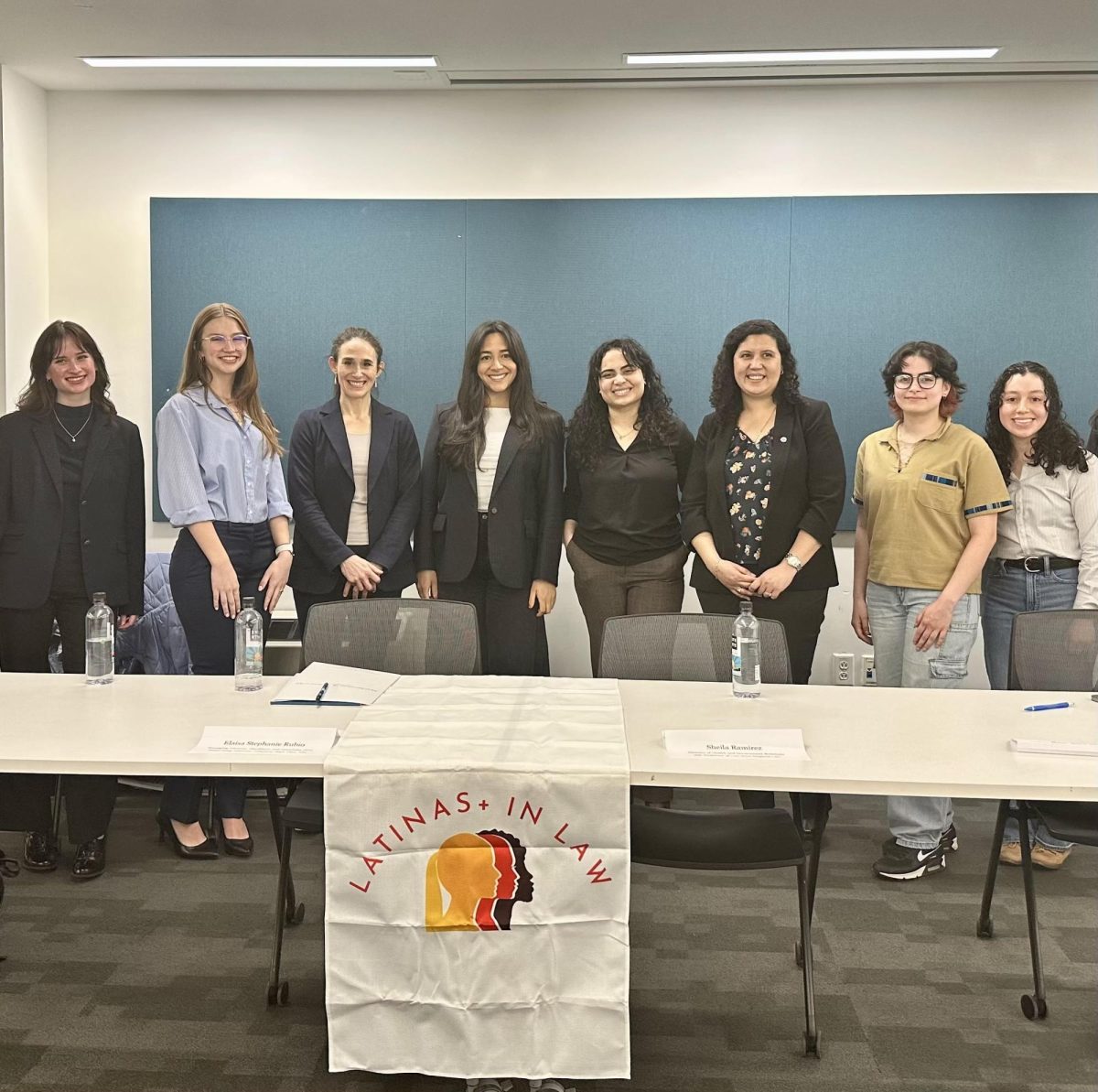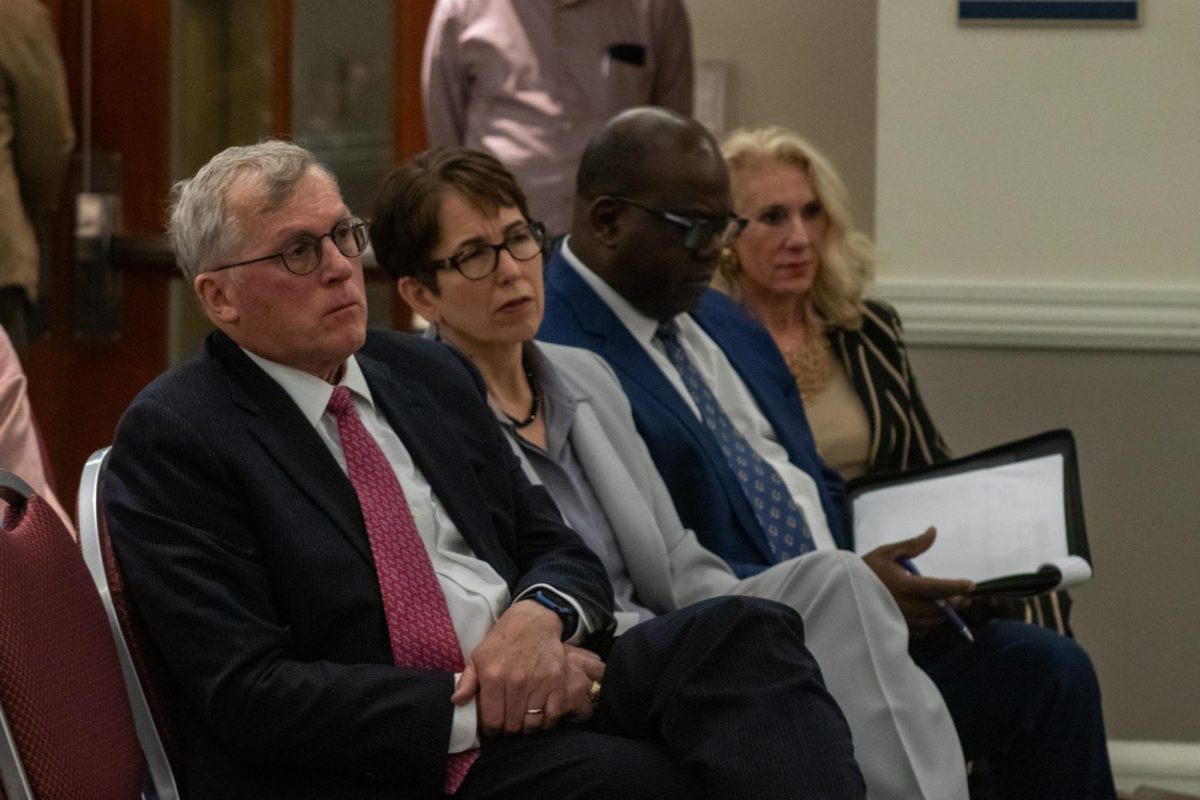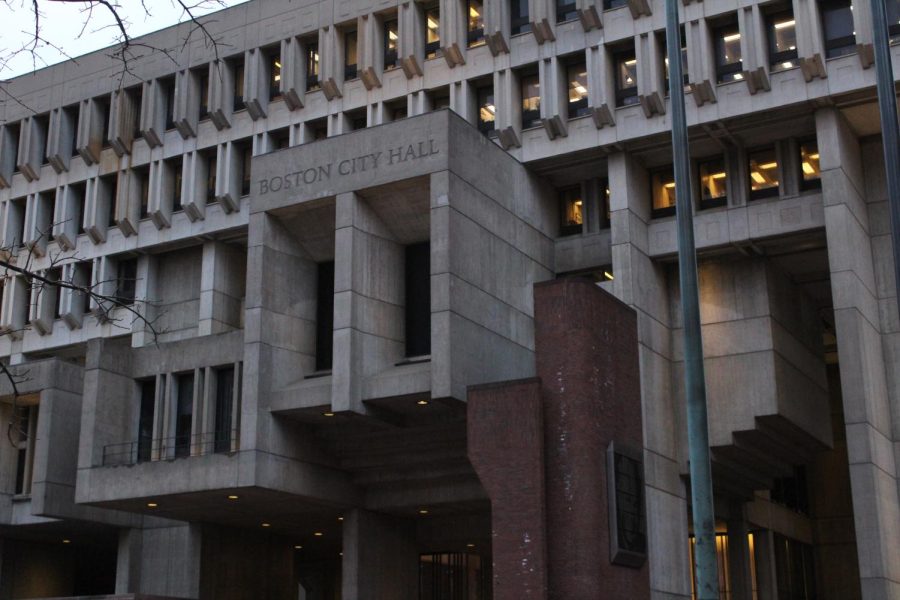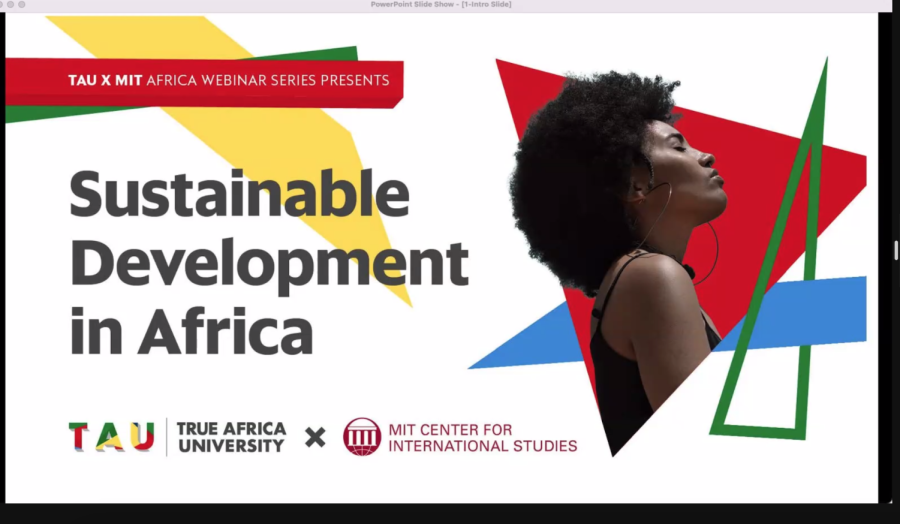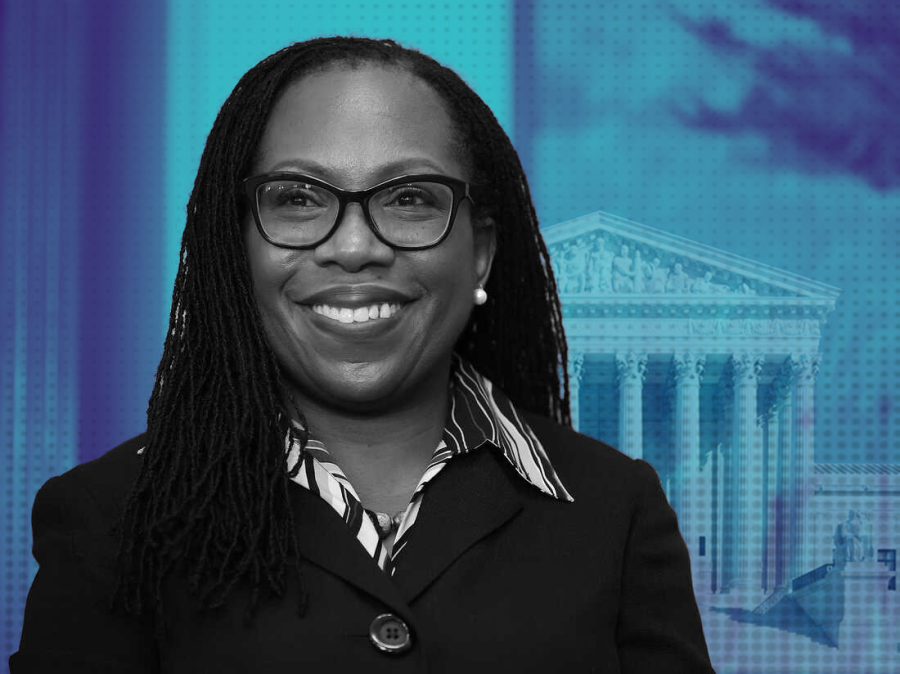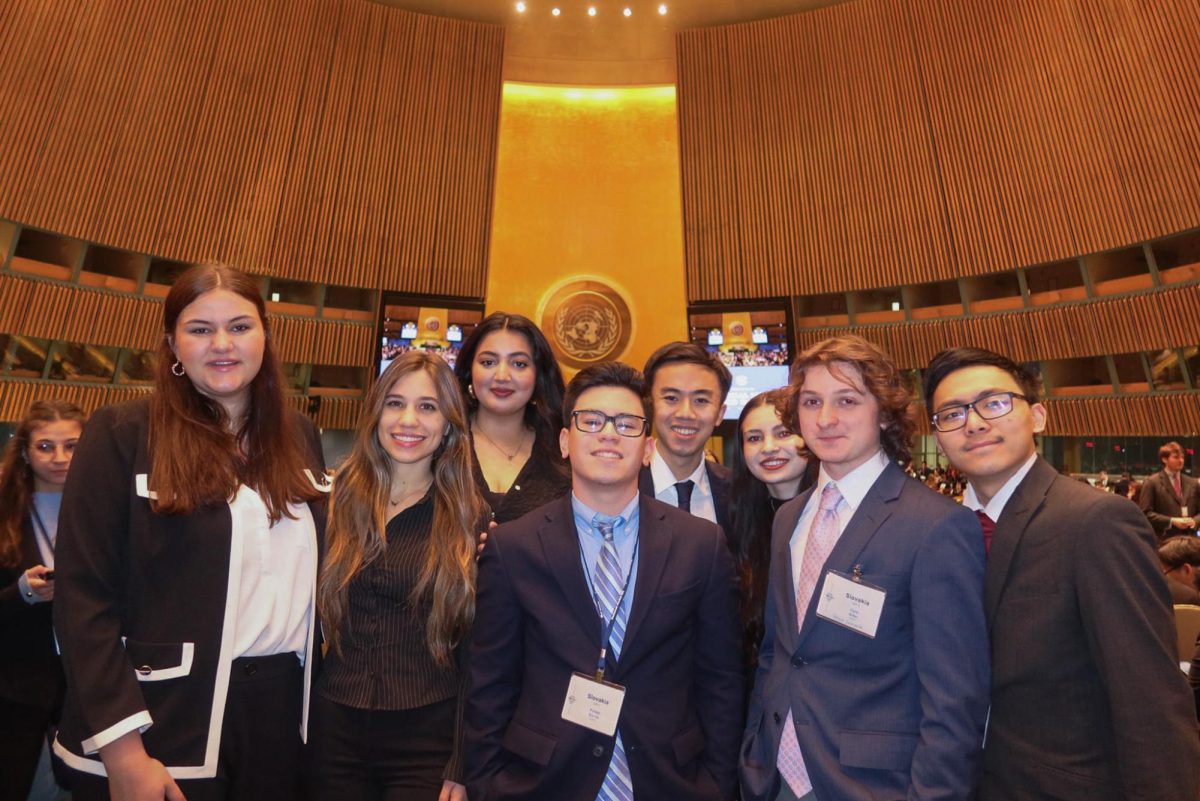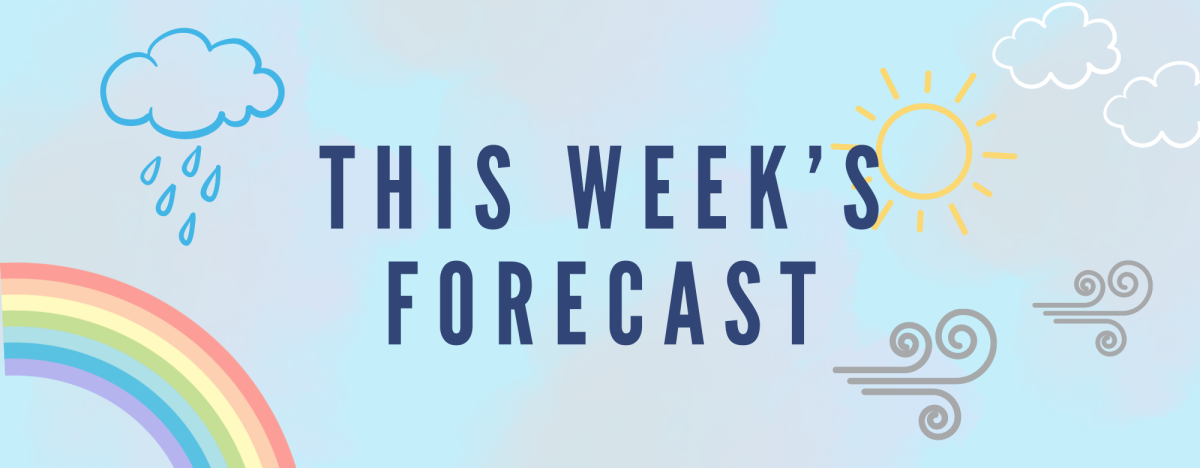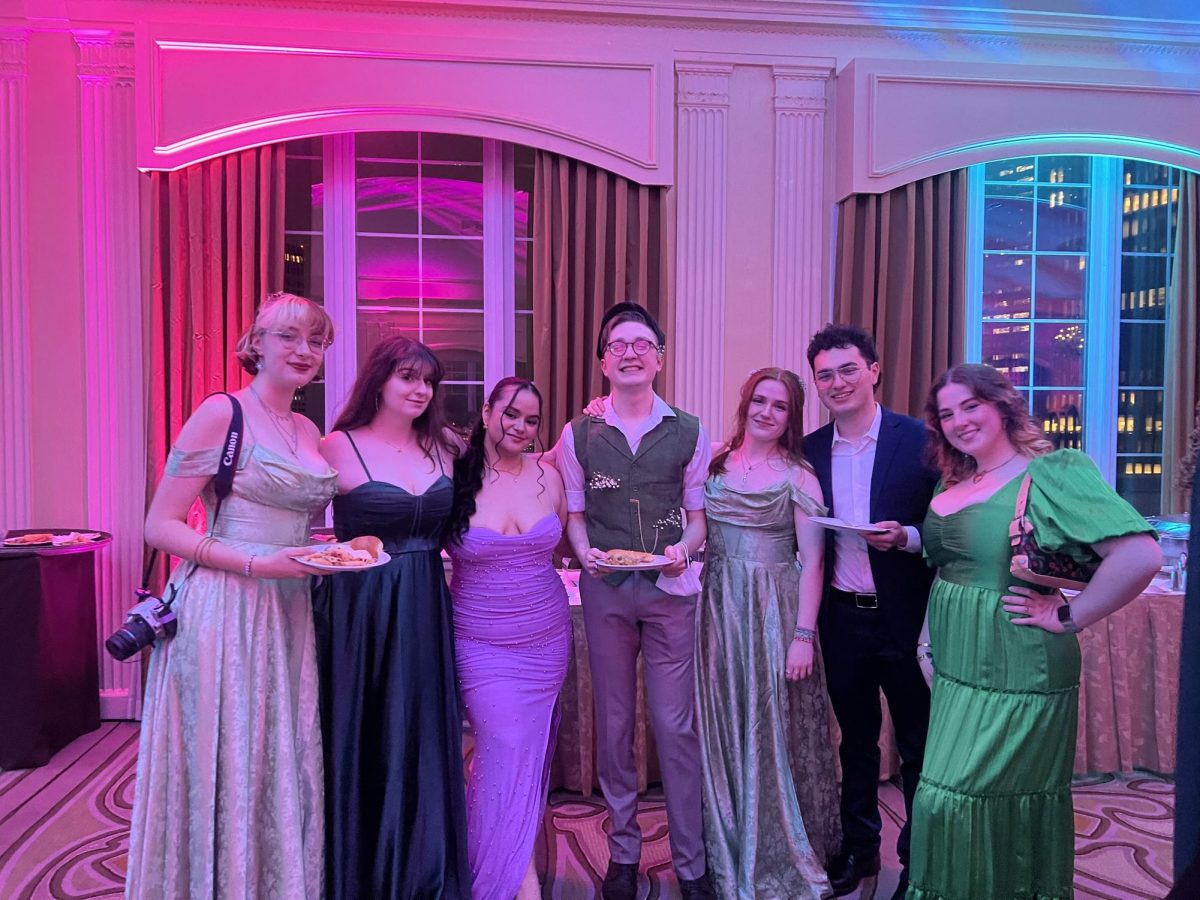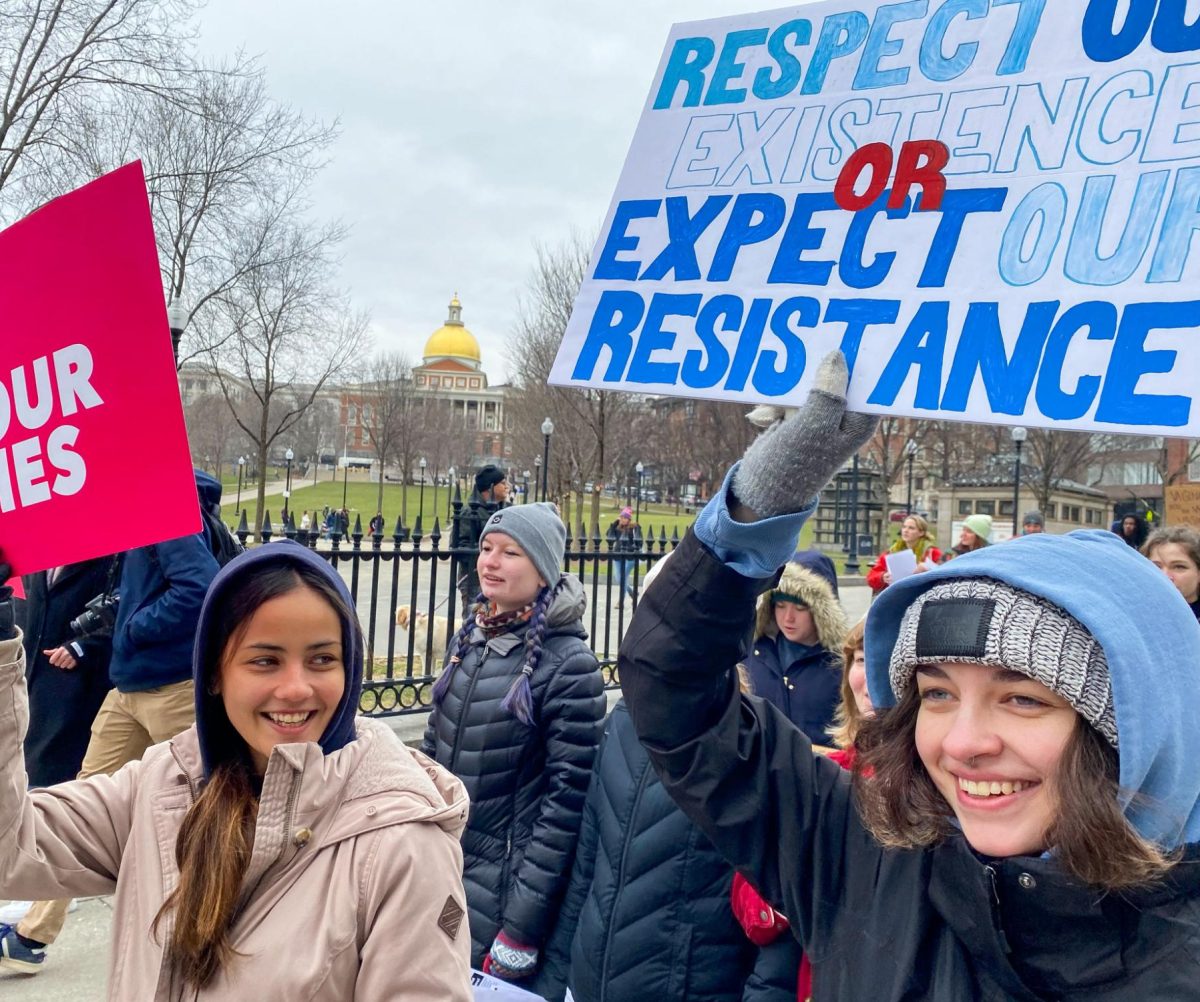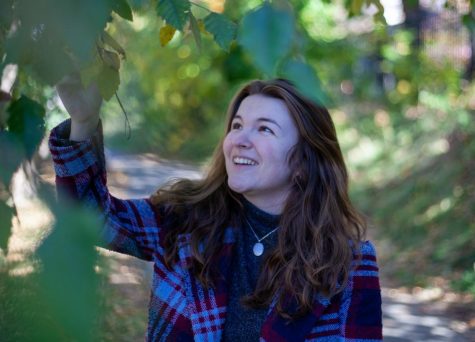For panelists at MIT’s October 4th event “How to Fight a Nazi,” compassion is the only thing that is capable of deradicalizing a Neo-Nazi.
One panelist at the event, Christian Picciolini, is a former Neo-Nazi who has helped 220 people disengage from extremist groups through his organization Free Radicals. At age 14, Picciolini was on his way to the corner store to buy baseball cards and Lemonheads when he was recruited into America’s first Neo-Nazi skinhead group, the Chicago Area Skinheads.
“I had no idea about politics, I didn’t understand racism– although I’m sure that I was complicit in institutional privilege– but I didn’t learn [to become a Neo-Nazi] from my parents,” said Picciolini, whose parents immigrated to the U.S. from Italy in the 1960s. “For all intents and purposes, I should not have gone down that route.”
In Picciolini’s case, and in many others, joining extremist groups is not caused by racist views. Instead, it is caused by a person’s search for identity, community and purpose.
Extremist groups primarily target young white men, and now recruit members mostly through underground websites, disinformation on the internet and online video games like Fortnite.
“When we get detoured in life, there are people waiting who understand these vulnerabilities and are very savvy, tailoring their pitch so they can promise you paradise and essentially create some imaginary enemy so that you can project your own self-hatred on them,” said Picciolini.
A Southern Poverty Law Center (SPLC) report shows that while KKK membership declined in 2017, Neo-Nazi groups increased 22 percent in the same year. According to the SPLC, this is a growing trend of young people opting for “a more loosely organized alt-right movement.”
“We’re failing our young people,” said Picciolini. “I don’t think adults know how to be vulnerable with young people, and in turn, they will never be vulnerable with us.”
Picciolini felt the camaraderie of the Neo-Nazis when he first joined, and defending the group soon became his purpose.
Everything changed for Picciolini once he was introduced to the perspectives and compassion of those he hated.
“There was a point that I thought I was doing the right thing and when we were attacked, I couldn’t understand why we were the subject of that attack,” said Picciolini.
Lee-Or Ankori-Karlinsky, a senior program officer at Boston consulting nonprofit Beyond Conflict and panelist at the event, stressed that conflict resolution will only be successful if groups are prepared to meet each other.
Videos of people punching Neo-Nazis on the street have gone viral in the U.S. and in Germany, where support for Neo-Nazis has increased substantially in recent years.
“I don’t know any Nazi in the history of earth who changed his views because he got punched,” said Picciolini. “If you want the satisfaction, do it, but then look in the mirror and say am I any different from that person I just punched.”
To Picciolini, ignoring Neo-Nazis and disregarding race issues in society does not mean that extremist groups and the use of microaggressions are in decline.
“We need to ask a lot more questions,” said Picciolini. “None of us should feel that we know everything about race because none of us do and no matter how tolerant or how progressive we are, we step in it and we do things that we don’t even know are racist. It’s a learning process and we have to be open to learning.”
The most important part of diminishing extremist groups in America, however, is all in how we look at them.
“I try to be that person that I wish had been there for me,” said Picciolini. “I try to see the child in everybody; a broken child instead of a monster.”


